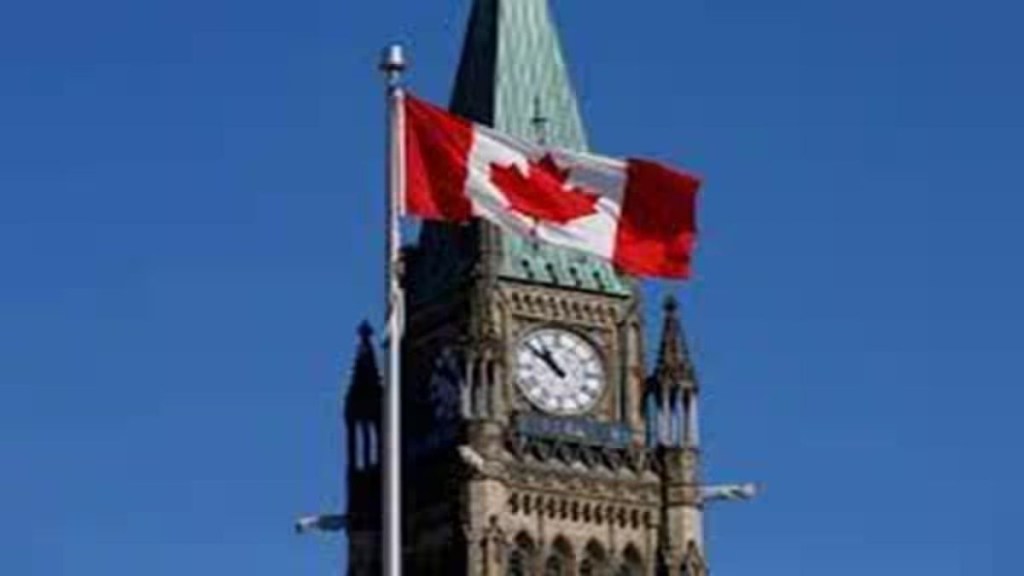In light of the recent diplomatic dispute with Canada, the government of India is considering resuming visa services for Canadian nationals. On Sunday (Oct 22, 2023) External Affairs Minister S Jaishankar indicated that this may occur “very, very soon.”
Meanwhile, government sources in India have disclosed that a review of the security situation, which prompted the suspension of visa services in Canada one month ago, is underway.
As part of this suspension, India had also halted visa services for Canadians in third-party countries and temporarily discontinued the e-visa facility. This development transpired amidst escalating tensions following India’s decision to expel 41 Canadian diplomats in order to establish parity in diplomatic representation with Canada. While the United States and the United Kingdom supported Canada’s stance, alleging that India acted unilaterally and violated the Vienna Convention, Jaishankar maintained that India’s actions were consistent with the Convention.
In response to the expulsions, Canada unilaterally closed its services in three consulates in Chandigarh, Mumbai, and Bengaluru, raising concerns about potential disruptions in visa services for Indian nationals.
Speaking at the Kautilya Economic Conclave, Jaishankar emphasized that India ceased issuing visas due to safety concerns for Indian diplomats, as Canada was allegedly failing to fulfill its obligations under the Vienna Convention.
Jaishankar stated, “We are closely monitoring the visa issue. My expectation is that the situation will improve, and our diplomats will have greater confidence in performing their essential duties. Ensuring the safety and security of diplomats is a fundamental aspect of the Vienna Convention, and that is what has been challenged in Canada. If we observe progress in this regard, I hope to resume visa services very, very soon.”
The Foreign Minister also clarified that the current challenges in the India-Canada relationship stem from a “certain segment of Canadian politics and policies.” He suggested that the reluctance of the Justin Trudeau government to act against Khalistani separatists might be influenced by vote-bank politics.
In response to Canadian allegations that India may be involved in the assassination of Khalistan leader Hardeep Singh Nijjar, India demanded that Canada reduce the size of its High Commission in New Delhi, claiming that Canadian diplomats were interfering in India’s internal affairs. Jaishankar assured that more information about this interference and India’s concerns regarding their activities would become apparent over time.
Regarding the concept of parity, the minister underscored that the Vienna Convention allows for it and emphasized that India invoked parity due to concerns about continuous interference in its affairs by Canadian personnel. He expected that, with time, more information would surface, shedding light on why India had discomfort with certain individuals.
India hopes that Canada will reconsider its unilateral decision to close consulates in Chandigarh, Mumbai, and Bengaluru. According to the Indian government, parity in diplomatic representations was sought only if Canada withdrew 41 diplomats and closed its services in consulates, with the high commissions in New Delhi and Ottawa remaining unaffected.
India and Canada share deep people-to-people ties, primarily due to a substantial Indian diaspora of 1.7 million in Canada.

